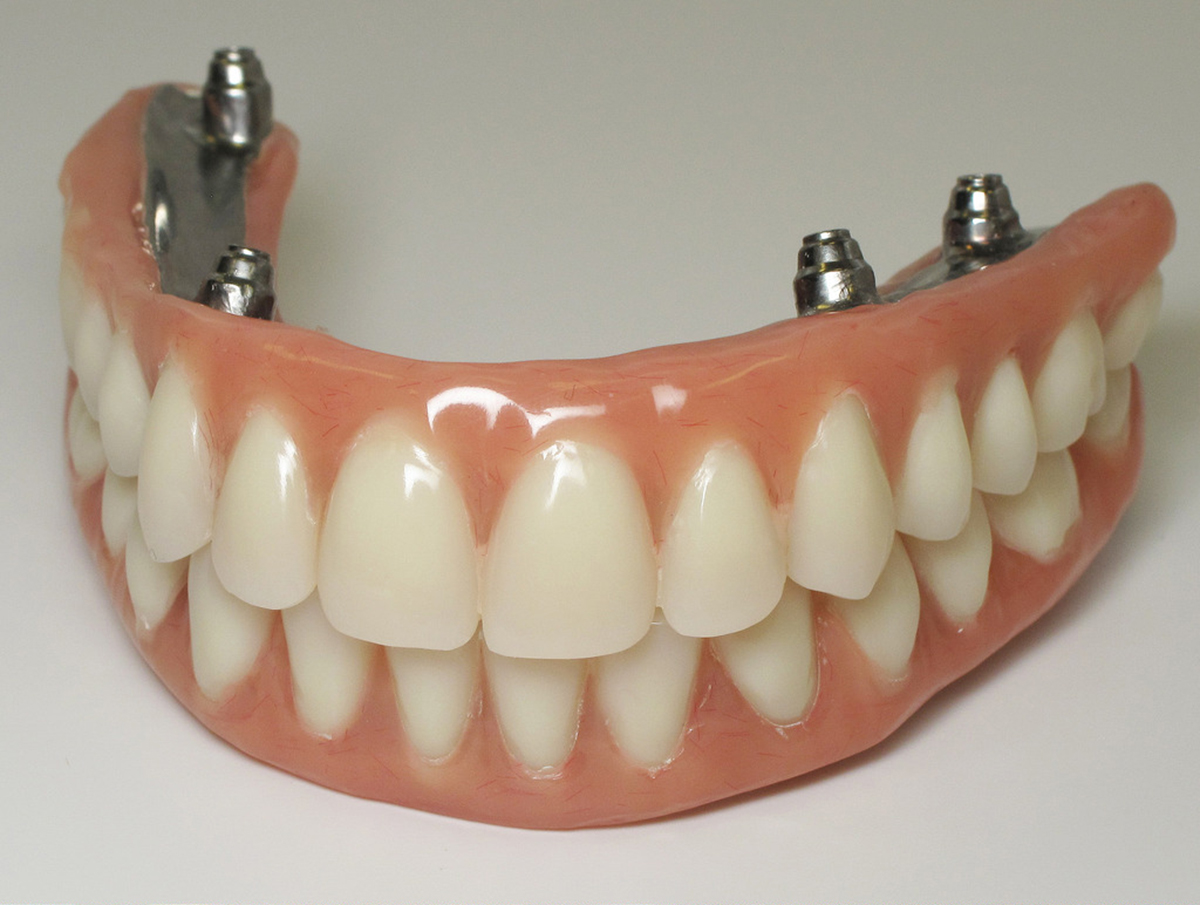Table of Contents
The truth of the matter is that while theoretical knowledge and lab exercises are important, they are no substitute for actually performing treatment under supervision.
Unlike dental colleges, where the class of patients going for treatment is poor and prefers extractions, patients in private practice will want to save their teeth and opt for root canals. If as a dental practitioner you are unable to provide this basic treatment then the chances of the practice becoming a success are very low.
Ensure that you know the basics of providing root canal treatment before you start your practice otherwise tie up with doctors who do and outsource the task to them.
Botching a root canal procedure is extremely easy and once that happens, the patient is almost certain to return with pain.

Fabrication Of A Denture
Since extractions are very commonly performed in India, as a clinical practitioner it is very important to know how to fabricate a partial or complete denture with confidence. This is a relatively low risk procedure where there is no pain or invasive procedures involved, however, attaining patient satisfaction can be a difficult process.
The complexity of the procedure involved is also far more difficult than the "ideal" cases students usually learn on in colleges.
The best way to learn is to try and make as many dentures as possible in the college or if you were unable to do so, try and work in a charitable clinic where denture work is the most common procedure after extractions.
Crown And Bridge Construction
For patients that want a fixed prosthesis, which most patients that can afford it will, knowing how to prepare teeth for crowns and bridges is again an essential skill to have. This is something that most students will learn on extracted teeth in dental colleges but in a lot of them, carrying out the actual procedure in the patient’s mouth will not be taught.
Performing crown and bridge preparation on root canal treated teeth is relatively low risk since budding practitioners do not have to worry about cutting more tooth structure than necessary and causing pain.
These are the type of cases that students should first learn on or include in your practice when you are still mastering this procedure. Once a couple of cases have been completed successfully, students or young doctors can move onto vital tooth preparation as well.
This is the procedure that will provide the largest amount of income to a dental practice.
Conclusion
It is a sad state of affairs that students are being provided dental degrees and sent into the world to practice without actually being taught the basics of dentistry. A more thorough and ground up overhaul of the structure needs to be made so that the dental education can be standardized and the standard of doctors passing out can be raised.
Students, meanwhile, should try their best to learn from any avenue that is available to them.
- www.nature.com/bdj/journal/v220/n5/full/sj.bdj.2016.155.html?referral=true
- Photo courtesy of wonderlane: www.flickr.com/photos/wonderlane/6219931567/
- Photo courtesy of wonderlane: www.flickr.com/photos/wonderlane/6219931567/
- Photo courtesy of iversondentallaboratories: www.flickr.com/photos/131768516@N07/16784615781/
- Photo courtesy of iversondentallaboratories: www.flickr.com/photos/131768516@N07/16784615781/


Your thoughts on this